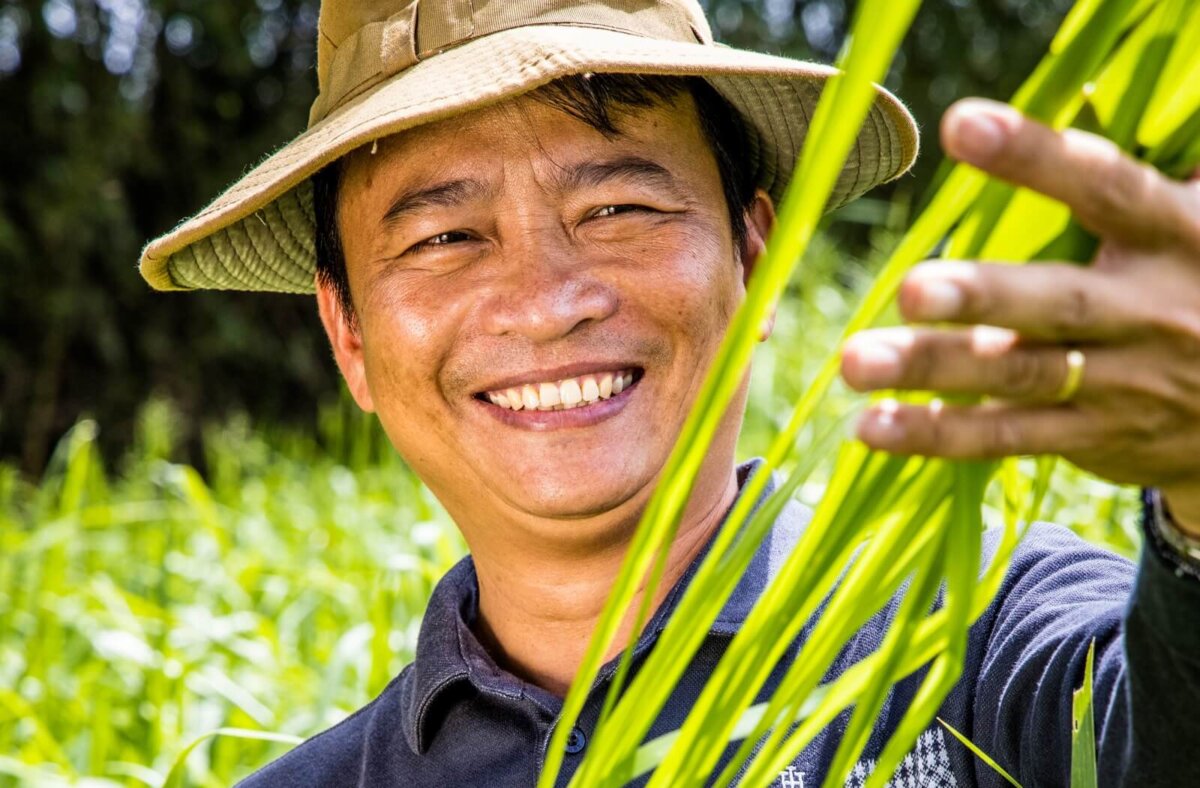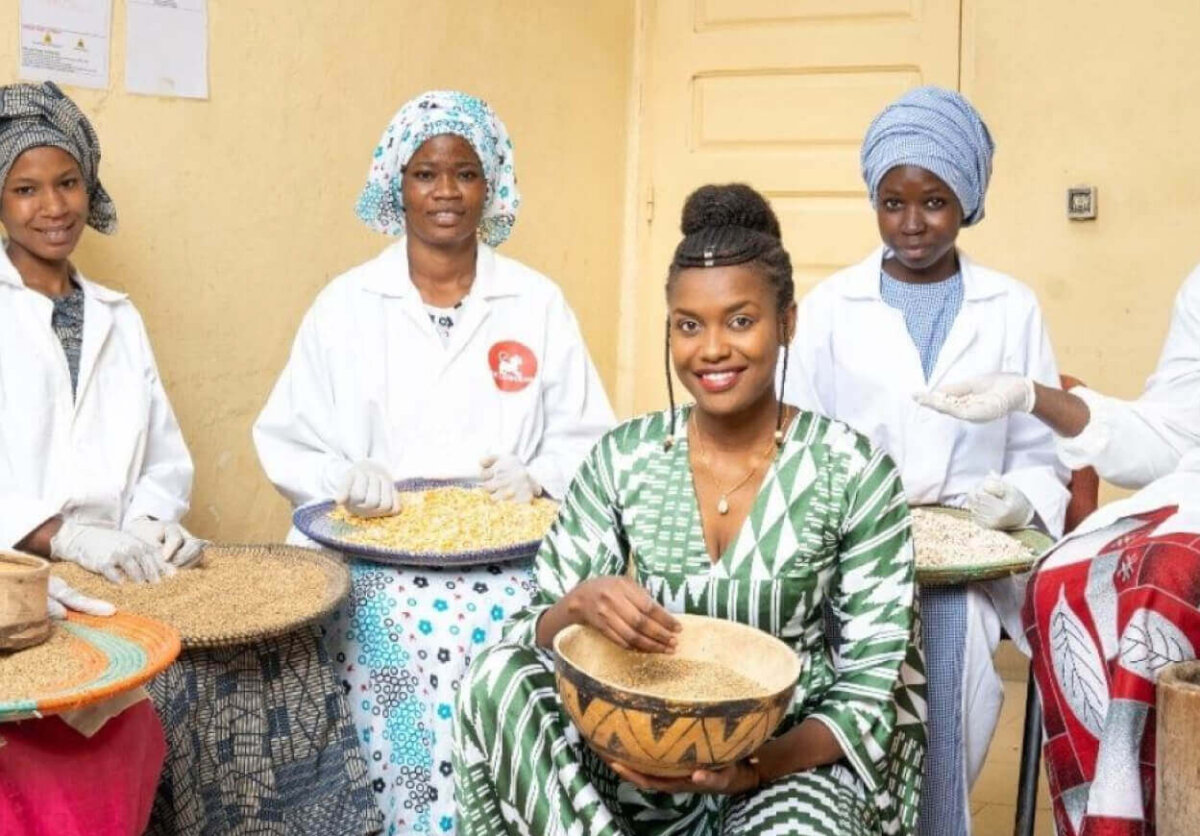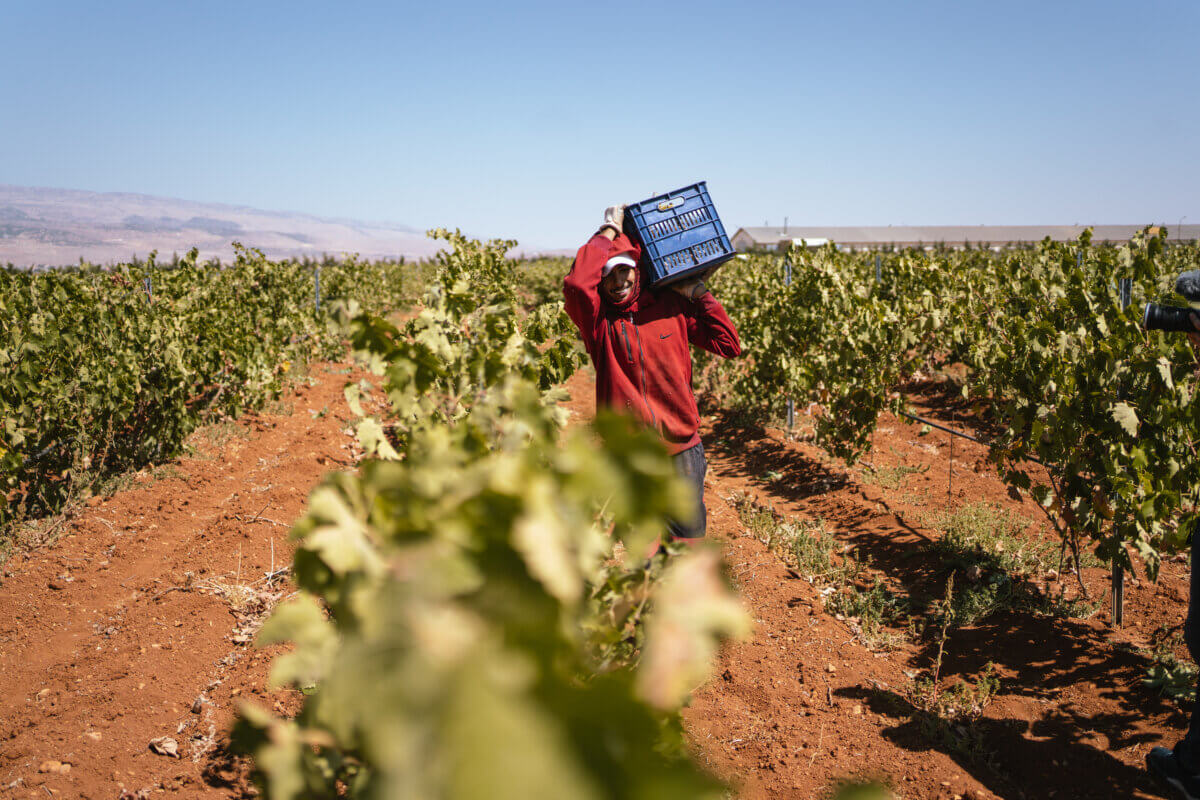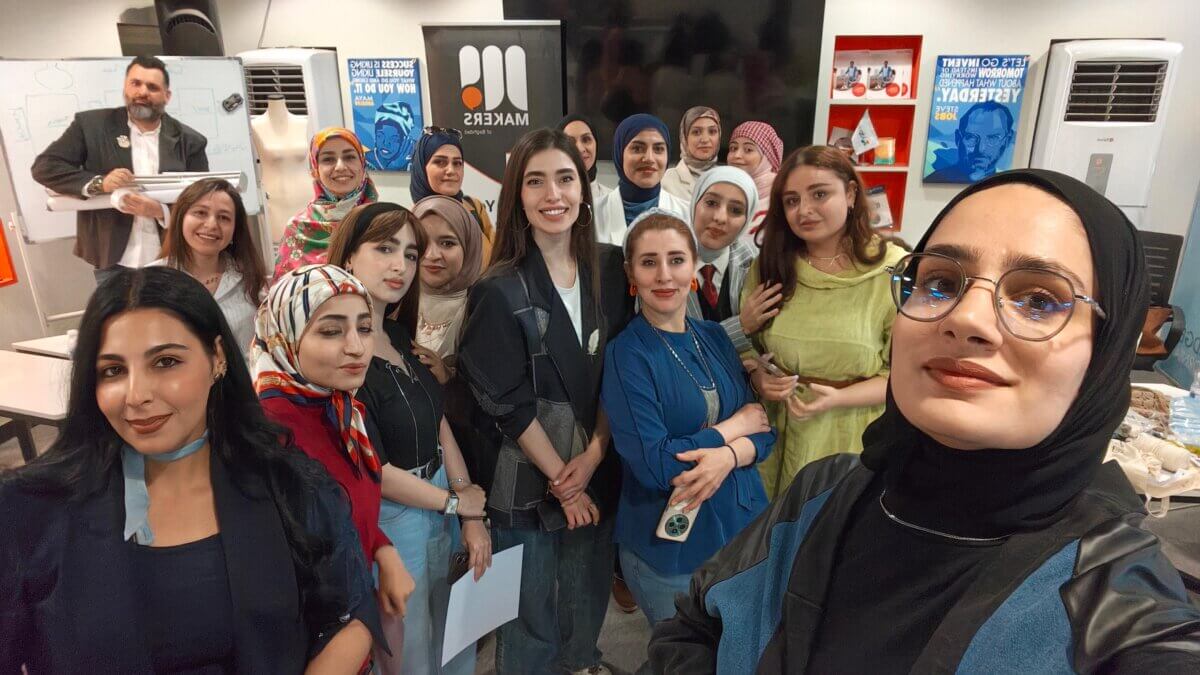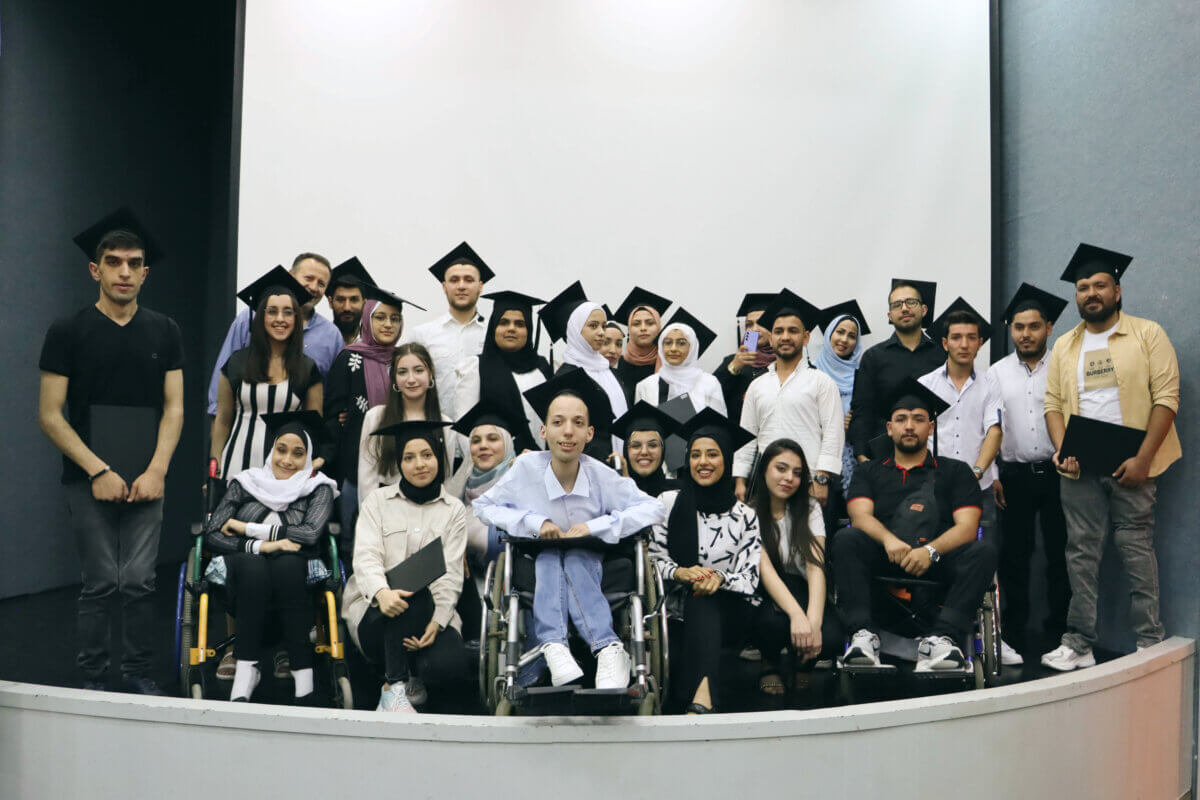- Projects
- From waste to wealth: Sustainable farming through vermiculture in Lebanon
From waste to wealth: Sustainable farming through vermiculture in Lebanon
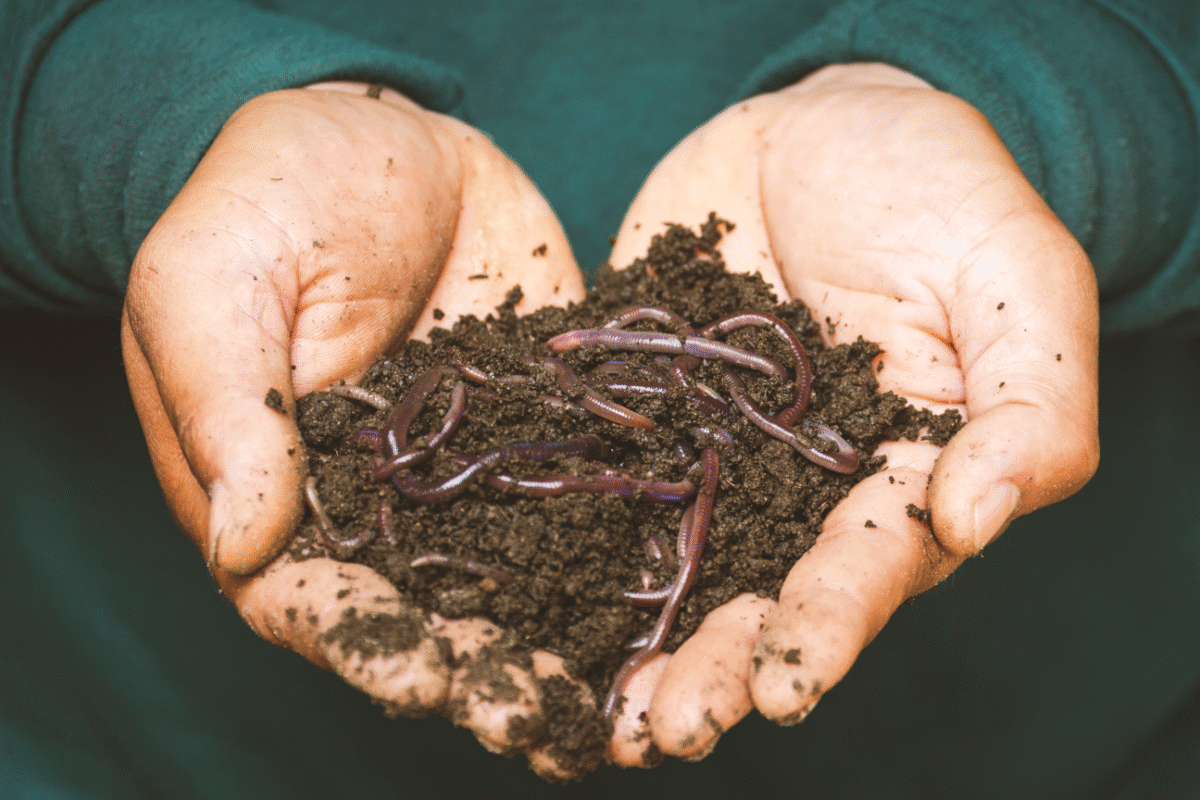
In the municipality of Kousba, in northern Lebanon’s El-Koura district, an inspiring transformation is taking place. Amid olive groves and small farms, a new project is turning organic waste into a valuable resource: vermicompost, the nutrient-rich fertilizer produced through earthworms. This initiative not only promotes sustainable agriculture but also empowers small farmers to reduce chemical dependency and build a healthier environment.
At the heart of this effort stands a collaboration between the municipality of Kousba, led by Mr. Michel Sassine from the University of Balamand, and seasoned PUM expert Monica Commandeur, who guided the project remotely through a series of online meetings, video conferences, and instructional materials. In an excursion to the Monastery of St. George Hamatura in Kousba the farmers visited a professionally developed, medium size vermiculture system. A dedicated WhatsApp group helped participants exchange ideas, access materials, and receive guidance in real time.
A
natural
solution for healthier soils
“Vermicomposting is a natural process where earthworms and microorganisms work together to transform organic waste into a high-quality compost that improves soil health, water retention, and crop productivity,” explains Monica Commandeur. “Through our remote cooperation, we’ve been able to document the entire process, from small-scale setup to practical management, and make this knowledge accessible to local farmers and investors.”
The team of the municipality of Kousba in the meantime focused on identifying the most suitable earthworm species and understanding how to manage local organic waste such as olive residues and citrus peels to animal manure and straw under the region’s hot Mediterranean climate. The project was never about large-scale worm production but about showing replicable demonstration models that may serve households, small and medium-sized local farms, and small, rural communities.

Thanks to the coordination of PUM representative Mr Ibrahim Mallat and the support of the Hans Blankert Fund – PUM’s fund for small investments -PUM expert Monica Commandeur, Mrs Michelle Derreik, Founder and Manager of De Notre Potager, and Mr. Michel Sassine from the Kousba Municipality developed a complete digital learning package. The package includes 14 instructional videos reference documents, and an illustrated e-book titled The Art of Composting and Vermiculture.
“Working with PUM was very important and helpful,” says Mr. Sassine. “At the end of the project, our small farmers were able to build their own composting projects with all the information they needed. They no longer rely on chemical fertilizers; they produce their own. This change in thinking created a wonderful spirit of cooperation in our community.”
Empowering local
farmers
The results were remarkable. Farmers gained the confidence to start their own composting systems, the municipality strengthened its environmental initiatives, and valuable educational content is now available for future investors and nearby regions. Plans are already being made for a follow-up programme exploring vermi-aquaponic systems for fruit and vegetable production.
Interested in this project? Get in touch with
Mallat Ibrahim
Representative Lebanon, Batroumine El Koura

